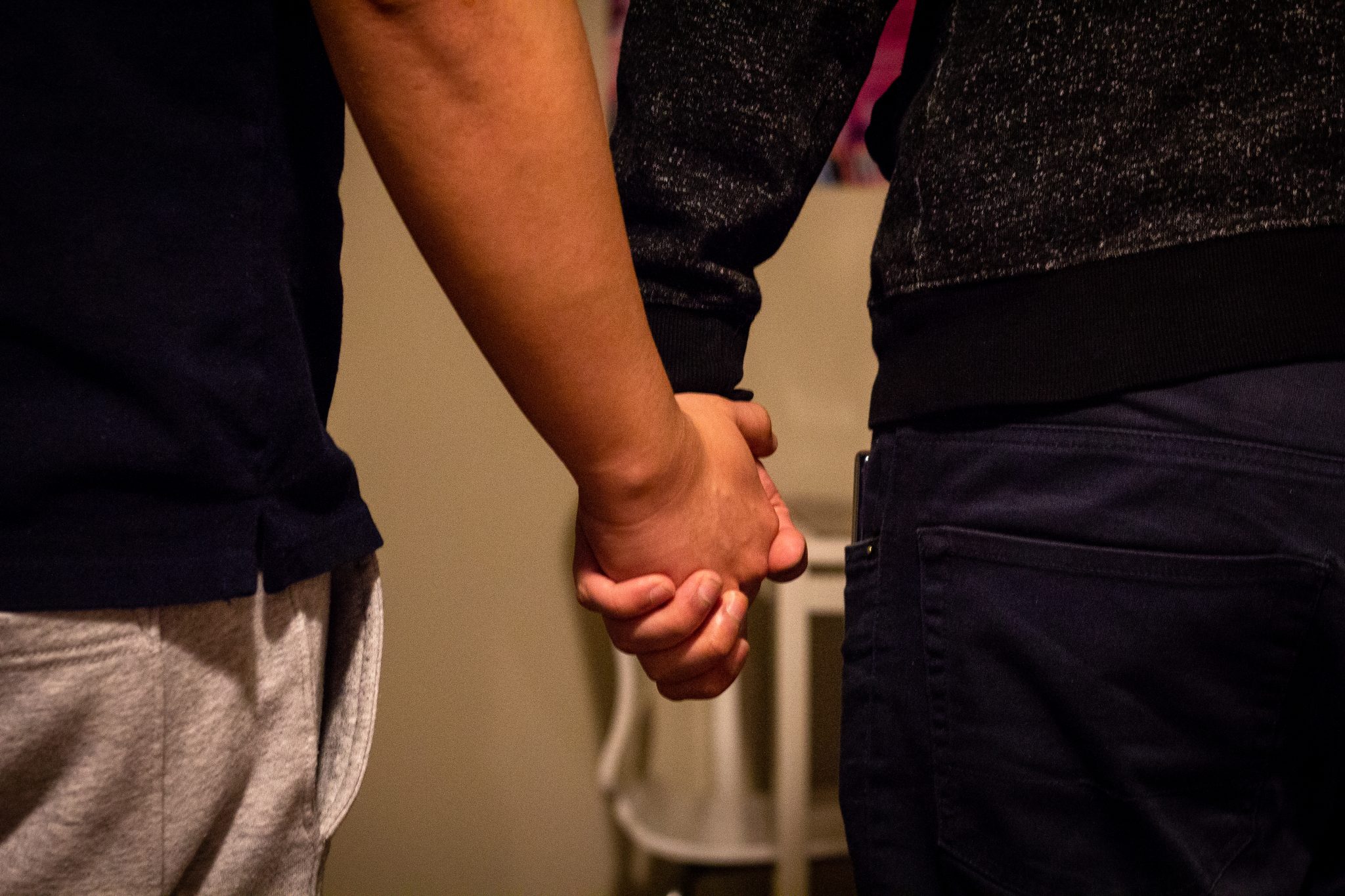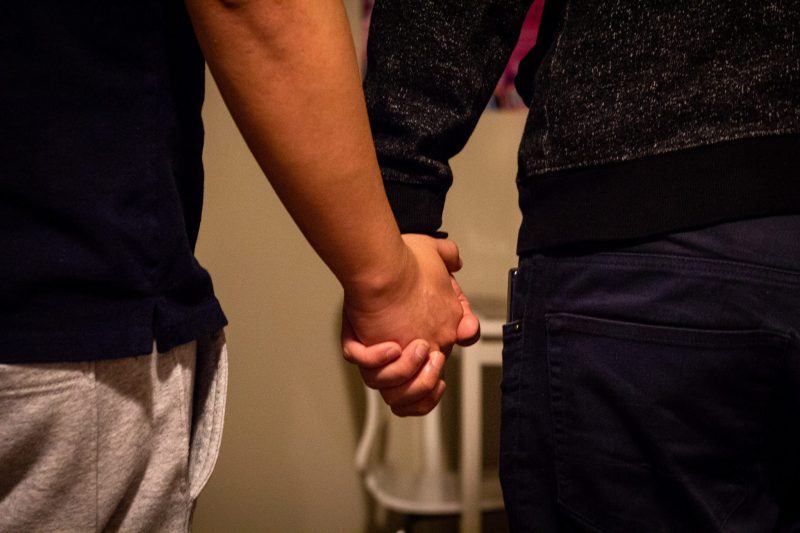Love, or the lack thereof


Media, corporations and nosy relatives alike tend to portray love (specifically the romantic kind) as a necessity. But there’s less consensus on what it actually is or which qualities make love worthwhile. Haddaway raised the question in his 1993 hit What is Love, and we’ve been wondering since.
According to Justin Cavallo, associate professor of psychology at Wilfrid Laurier University, it’s a question that psychologists have been trying to answer for decades:. “We use the term love, but we probably use it too broadly,” he said. Love takes on different forms, from platonic and familial to self-love. Romantic love, on the other hand, is harder to define.
It also changes over the course of relationships. “You love your partner differently, depending on which stage of the relationship you’re at,” said Cavallo. He describes romantic or passionate love, which includes attraction and infatuation. On the other hand, ‘companionate love’ comes from longer-term relationships. It involves more intimacy, connection and commitment.
“Older couples might not be wanting to rip each other’s clothes off all the time,” said Cavallo. “But they still have deep love for each other.”
Similarly, trust in relationships is built over time by being in difficult situations together or making sacrifices to help each other through hardships.
The topic of love is closely tied to the debate over whether soulmates exist, which nobody knows for sure. What is certain, though, is your belief on how the matter affects how you approach potential relationships.
“People who believe in soulmates don’t waste time in relationships. They decide very early on whether this person fits or not,” said Cavallo. “Meanwhile, some people don’t believe in soulmates and don’t really care if their partner doesn’t fit them perfectly because they believe in working on the relationship over time.”
As Drake famously said, many of us are “still finding [ourselves], let alone a soulmate.” What about people who are focused on themselves and their goals over a relationship?
Essentially, being single is what you make of it. While some people view being single as a situation they’re in, others may see it as part of who they are.
“If a person starts to think of singlehood as one of their core personal characteristics, it may feel like part of their identity,” said Anne Wilson, psychology professor at Laurier.
There’s been more recognition in recent years that being single isn’t inherently good or bad. Positive and negative connotations to singlehood only exist because people assign them. Some single people wish they weren’t, while others are happily so, leading rewarding lives and enjoying their platonic relationships.
During times of year like Valentine’s Day, when there’s an emphasis on romance, single people tend to receive pity, pressure and stigma. This can be true at any time, but it’s especially prevalent on holidays like Valentine’s Day.
Again, it’s all about what you make of it. “In our research, we find that people who are unhappy to be single or fear being single long term may even perceive the passage of time to feel slower when single,” said Wilson. “Having a strong fear of being single can make singlehood into an unpleasant experience, and people may not embrace all the enriching activities they could do while single.”
This attitude can lead people to avoid singlehood like the plague, going to extremes. Research by Laurier alumna Stephanie Spielmann shows people like this may lower their standards in their rush to find someone.
In addition to standards, which aren’t worth lowering for anyone, some people may also change their identity due to relationships.
“Romantic relationships, especially longer-term and closer ones, can become a big part of identity,” Wilson said. “Some people start including aspects of their partner’s identity in their sense of self so much that it’s harder for them to define where one ends and the other begins.”
In that way, it’s easy for some people to lose or change their sense of self in relationships. Psychologist Art Aron described this phenomenon as the ‘inclusion of other in the self.’
Depending on how much we include a romantic partner in our identity, the circles of ‘self’ and ‘other’ range from being side by side to overlapping like a Venn diagram. In extreme cases, the circles merge with each other and become one.
According to Wilson, including a partner in one’s identity has benefits, such as the feelings of closeness it sparks. Doing so can allow one to rejoice in a partner’s successes.
“It may [also] lead to something called ‘self-expansion’ where people explore new facets of their own identity in a way that is exciting and pleasurable,” she said. This can apply to relationships that bring out the best in both partners, who challenge each other in healthy ways.
As we know, , romantic relationships don’t always last. After all, around 38% of marriages in Canada end in divorce. That’s not addressing the many relationships that don’t make it to marriage in the first place. With the notion of forever proving to fail almost half the time, it’s unsurprising that marriage rates are declining in Canada.
Breakups aren’t necessarily a bad thing- in fact, they can often be for the best. It’s far better to end a relationship that isn’t serving us than prolong it out of fear. The more we include a partner in our sense of self, the more difficult a breakup can be.
“A great deal of overlap [of the self and other] may also make breakups harder as a person may have to cope with what feels (temporarily at least) like a blow to their sense of self,” said Wilson.
Anthropologist Helen Fisher compares love to addiction and argues that we experience withdrawal symptoms after a breakup akin to drug withdrawals. Studies have shown that looking at a picture of a romantic partner activates the same areas of the brain as a dose of cocaine.
At the end of the day, everyone has their own ideas on what love is. What’s yours?

